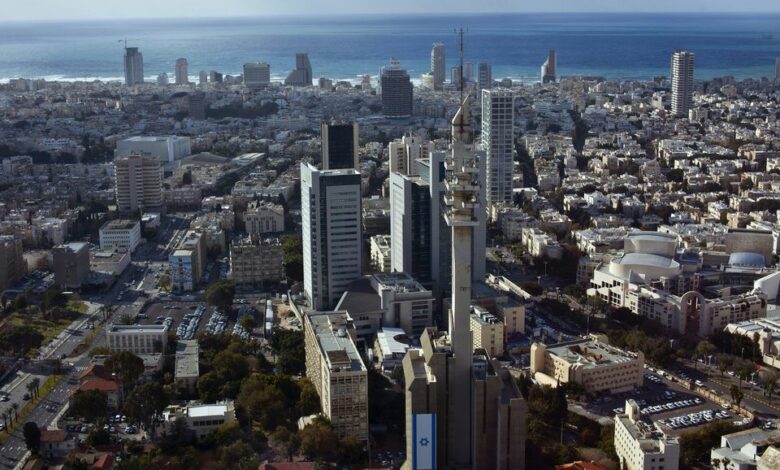
JERUSALEM, Oct 28 (Reuters) – Israel’s parliamentary finance committee on Thursday approved the 2021-22 state budget, the Knesset said, clearing a key hurdle and paving the way for a final vote in the full plenum.
Failure to give the spending package final approval by Nov. 14 would trigger snap elections. If approved, it would be the country’s first ratified spending package in more than 3 1/2 years.
The vote followed “heated” marathon sessions that started on Tuesday and ended around 3 am (0000 GMT) on Thursday due to some 30,000 reservations by opposition parties.
Before the vote, the finance ministry added 10 billion shekels ($3.1 billion) to the reserve budget for 2022 to deal with the COVID-19 pandemic’s fourth wave.
The ministry on Monday trimmed its 2021 budget deficit target to 5.5 percent-5.7 percent of gross domestic product from a prior 6.8 percent due to higher than expected tax revenues, reflecting a rapid economic recovery from the crisis. It projects a 3.9 percent deficit in 2022.
Israel’s economy is projected to grow 7 percent in 2021 after a 2.2 percent contraction in 2020.
The budget, along with an accompanying bill filled with economic reforms, has presented an early test for the cross-partisan coalition government of Naftali Bennett, who took over in June after unseating the veteran Benjamin Netanyahu.
Two years of political stalemate and four elections had left Israel still using a pro-rated version of the 2019 state budget passed in March 2018. Squabbling within Netanyahu’s coalition cabinet last year over a two-year budget for 2020 and 2021 helped bring down his government.
Bennett, who has a razor-thin majority in parliament, has been lobbying his coalition partners to avoid conflict and controversial issues that could cause friction until after the budget is approved in the Knesset.
Along with his finance minister Avigdor Lieberman, Bennett had come under pressure from ministers and lawmakers upset at some planned reforms, while others sought higher funding.
The budget has earmarked 609.1 billion shekels ($191.2 billionin 2021 spending and 572.9 billion shekels ($179.8 billion) in 2022 – including debt servicing and funds to fight the coronavirus pandemic
($1 = 3.1863 shekels)
Reporting by Steven Scheer; Editing by Maayan Lubell; Editing by Simon Cameron-Moore




